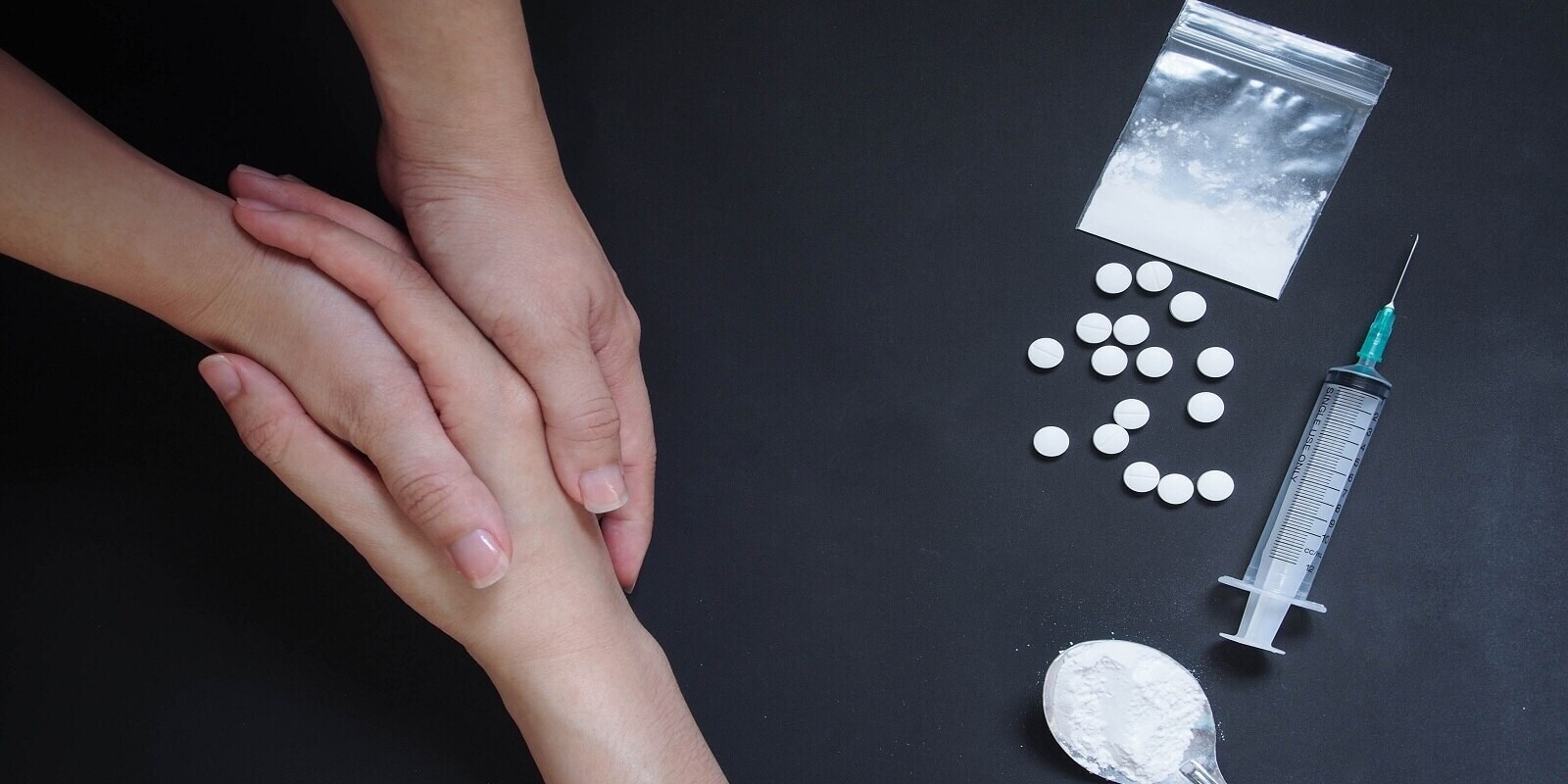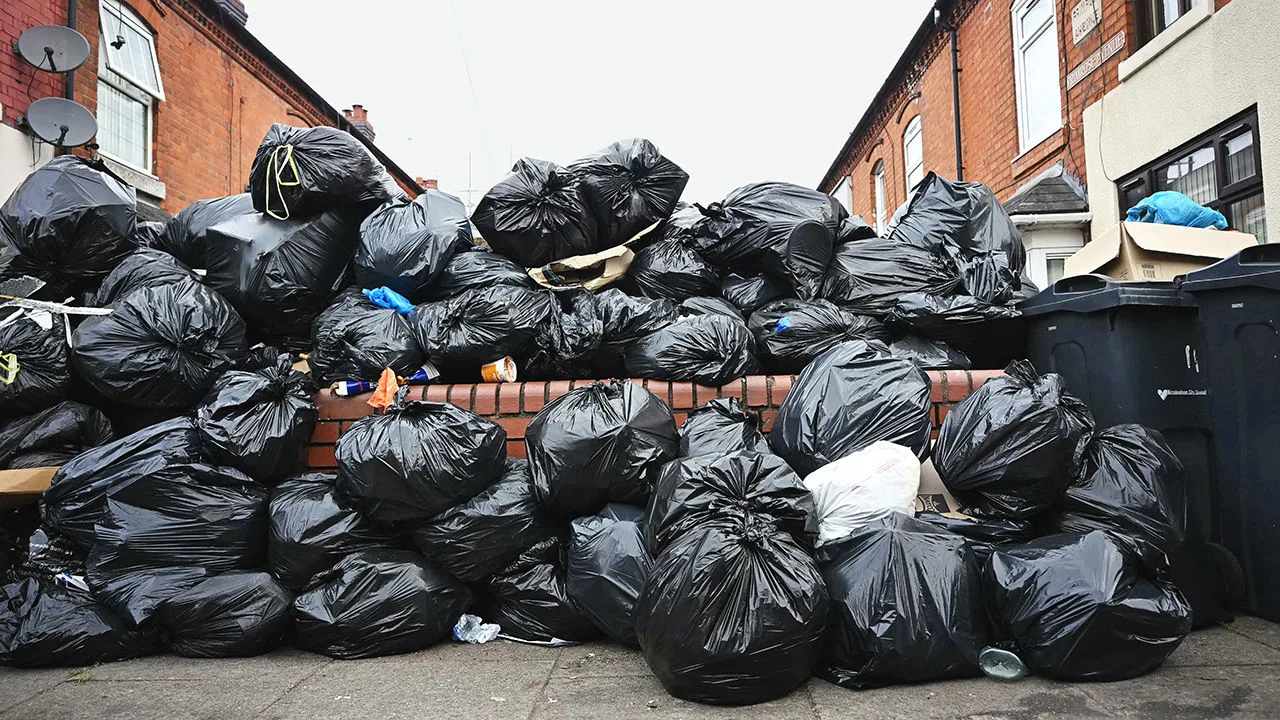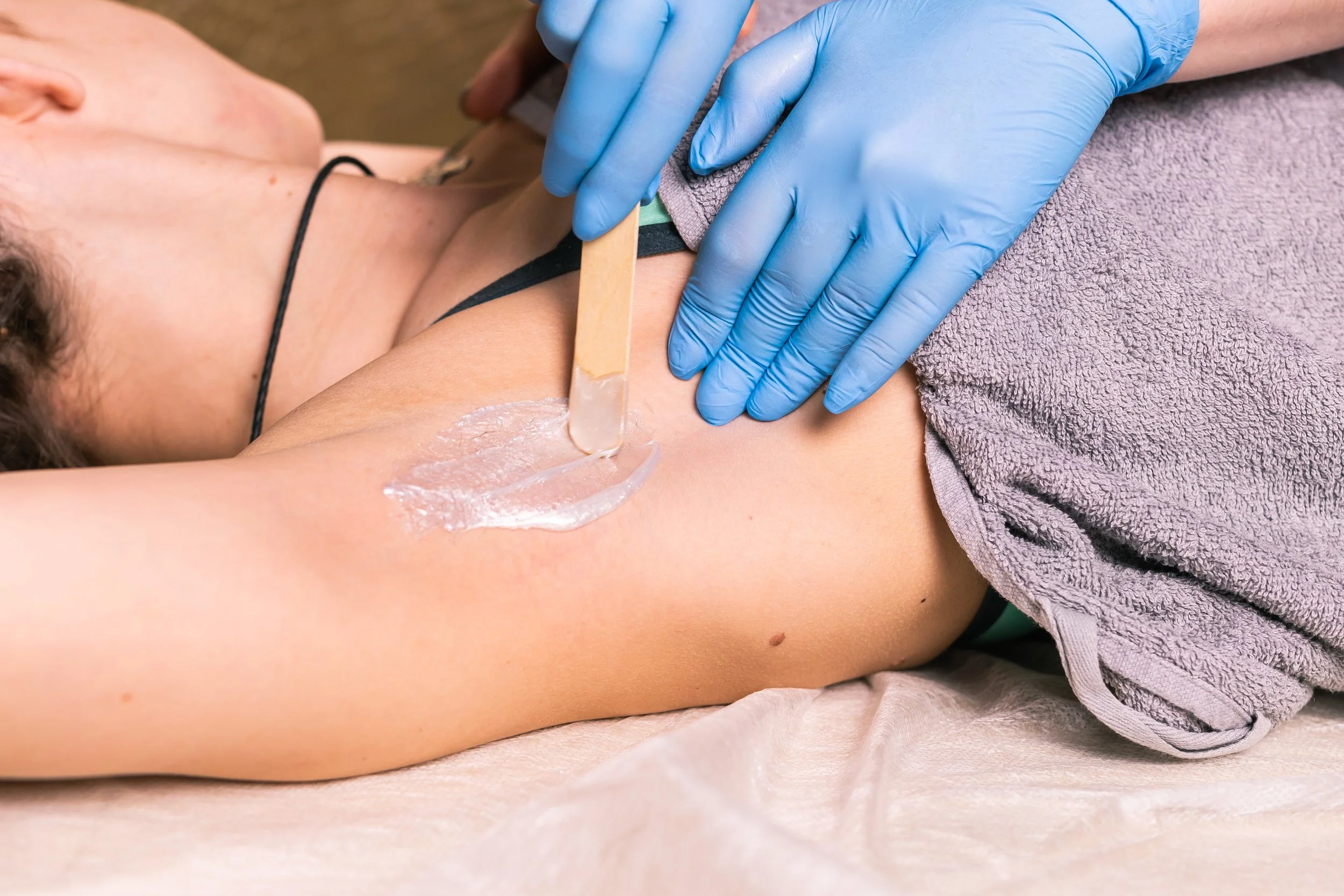
Finding the right addiction treatment can feel overwhelming. With so many paths to choose from, it’s hard to know what really works. At Sober Friend, we understand that effective recovery isn’t about a single fix — it’s about using proven strategies that work together to build lasting change. In this guide, we’ll share five powerful, research-backed ways to supercharge your recovery journey.
By combining medical support, therapy, community, lifestyle changes, and cutting-edge tools, you can transform your life and protect your progress. Whether you’re just starting out or rebuilding after a setback, these methods can help you move forward with confidence.
Why the Right Addiction Treatment Matters
Addiction treatment isn’t simply about stopping substance use. It’s about treating the whole person — mind, body, and spirit. Quality treatment helps you manage cravings, heal emotional wounds, and learn healthier ways to cope with life’s challenges.
At Sober Friend, we believe that lasting recovery comes from a balanced, personalized approach. Let’s explore five evidence-based strategies that can make your recovery stronger and more sustainable.
1. Comprehensive Therapy: Healing Beyond the Habit
Individual Counseling
Therapy is a cornerstone of successful addiction treatment. Working with a trained therapist helps uncover the roots of addiction, such as trauma, stress, or mental health issues.
Through cognitive behavioral therapy (CBT) and other approaches, individuals learn to challenge negative thought patterns, reduce triggers, and build resilience.
Group Therapy and Peer Support
Sharing your journey with others who understand creates powerful motivation and accountability. Group therapy reduces feelings of isolation and helps build new social skills — a critical step for long-term recovery.
2. Medical Support: Balancing the Body and Brain
Medication-Assisted Treatment (MAT)
For some, recovery is safer and more effective when combined with medication-assisted treatment. MAT helps reduce cravings, stabilize mood, and lower the risk of relapse.
Medications like buprenorphine, naltrexone, or methadone can be life-changing when paired with counseling and lifestyle support.
Regular Medical Monitoring
Addiction affects physical health in countless ways — from liver function to heart health and beyond. Regular checkups help catch complications early, monitor progress, and guide treatment choices.
3. Lifestyle Changes: Building a Strong Foundation
Exercise and Nutrition
A healthy body supports a healthy mind. Exercise improves mood, reduces stress, and promotes better sleep — all of which help guard against relapse. Meanwhile, balanced nutrition repairs damage and boosts overall energy.
Mindfulness and Stress Management
Mindfulness practices like meditation or yoga help people respond to stress without turning to substances. Over time, mindfulness can reshape the brain’s response to triggers and strengthen emotional control.
4. Technology and Digital Tools: Support at Your Fingertips
AI-Powered Mentorship
At Sober Friend, we embrace innovation in addiction treatment. Our thoughtfully designed AI mentors offer encouragement, reminders, and coping strategies any time of day. While not a replacement for human support, these tools fill the gaps between therapy sessions.
Recovery Apps and Online Communities
Apps that track sobriety milestones, log mood, or offer motivational content keep recovery goals front and center. Online communities provide round-the-clock encouragement and shared wisdom from people on similar journeys.
5. Community and Accountability: Staying Connected
Sober Living Communities
For many, sober living houses provide a safe space to rebuild life skills and relationships. These structured environments reduce temptation and add daily accountability.
Ongoing Check-ins
Regular contact with counselors, sponsors, or sober friends keeps recovery active rather than passive. Accountability helps catch small setbacks before they grow into major challenges.
The Power of Combining Approaches
No single method fits everyone. The best addiction treatment plans combine multiple strategies tailored to individual needs. By blending therapy, medical support, lifestyle changes, technology, and community, recovery becomes not just possible — but sustainable.
At Sober Friend, our mission is to support your journey with tools, people, and insights that adapt as your needs change.
FAQs About Addiction Treatment
Q1: What is the most effective form of addiction treatment?
The most effective approach often combines therapy, medical support, lifestyle changes, and community connection tailored to each individual.
Q2: Is addiction treatment only for severe addiction?
No. Early intervention makes recovery easier and more successful, even for mild or moderate substance misuse.
Q3: Can technology replace traditional treatment?
Technology can enhance treatment but should be combined with therapy, medical care, and community support for best results.
Q4: How long does addiction treatment last?
It varies. Many people need structured support for months or years, while others shift to lighter maintenance after initial recovery.
Q5: What role does mental health play in addiction treatment?
A significant one. Untreated anxiety, depression, or trauma often drive substance use. Treating mental health is crucial to prevent relapse.
Conclusion: Your Recovery, Your Power
Recovery isn’t about perfection — it’s about progress. By embracing a multi-faceted approach to addiction treatment, you can supercharge your journey toward a healthier, happier life.
At Sober Friend, we’re here to walk alongside you, whether through AI mentorship, expert resources, or a caring community. Remember: the path forward isn’t just about avoiding what harms you, but building a life that inspires you to stay. Whether you’re a beginner or an expert, start with our homepage for the best results.





